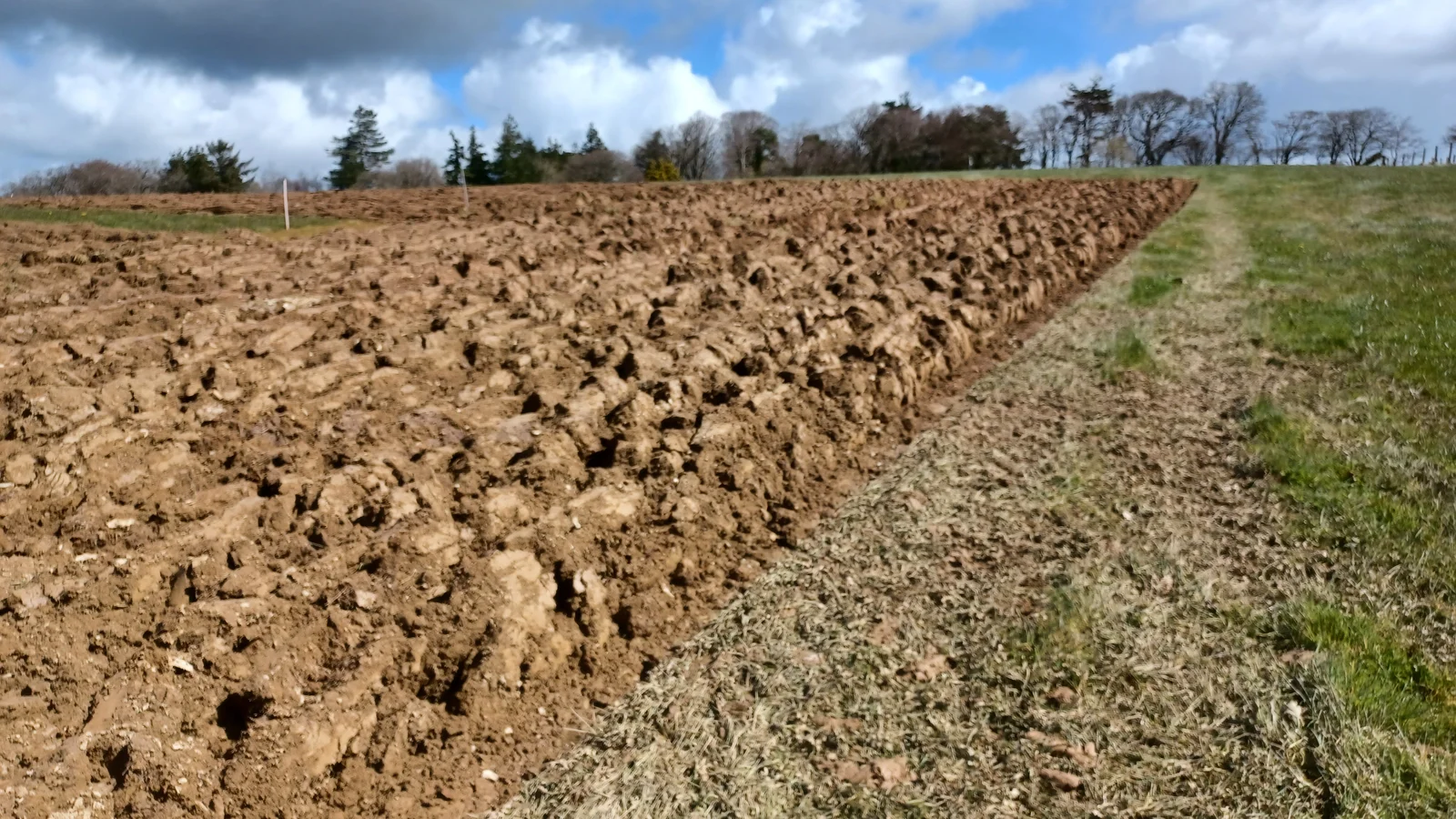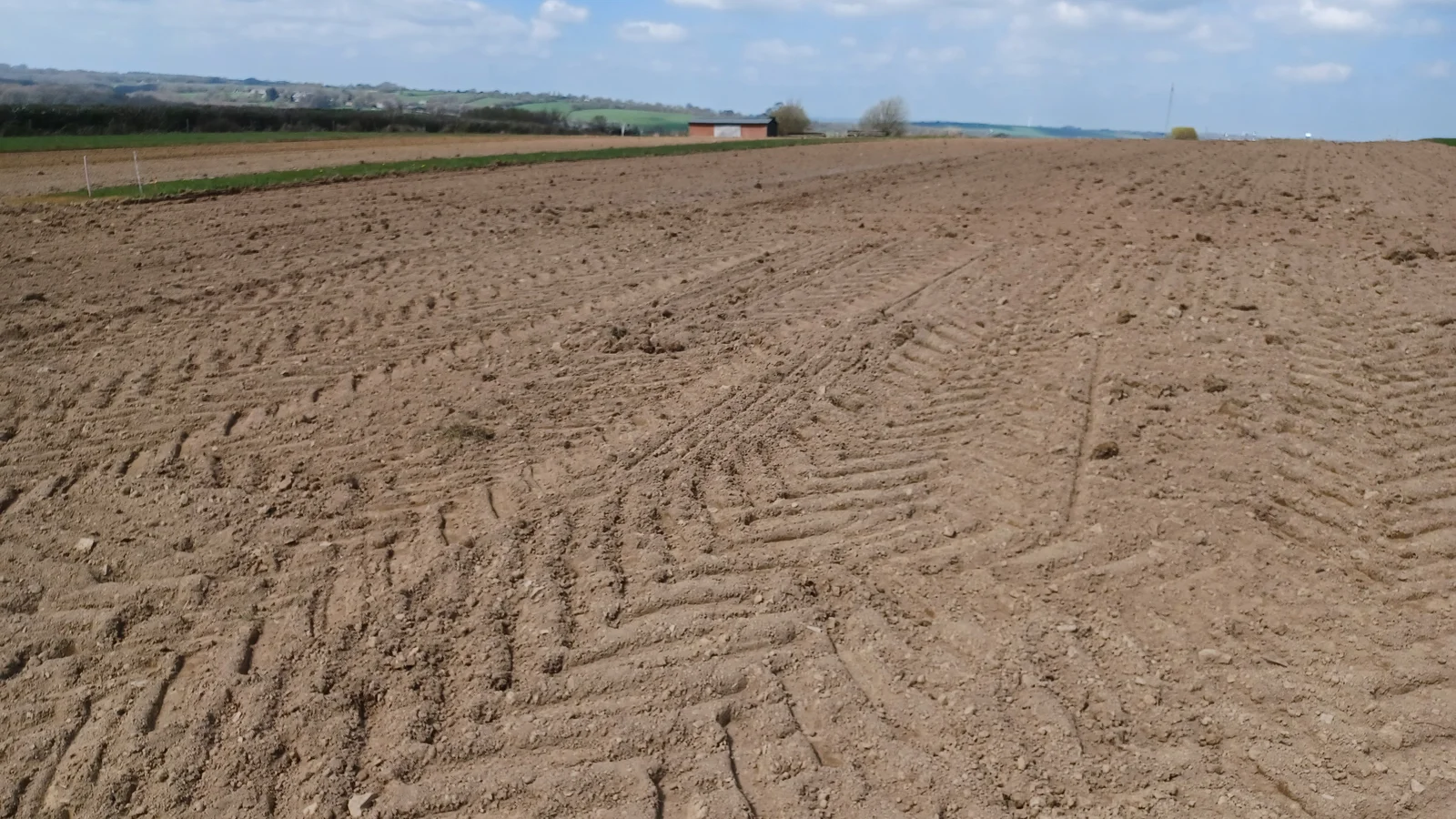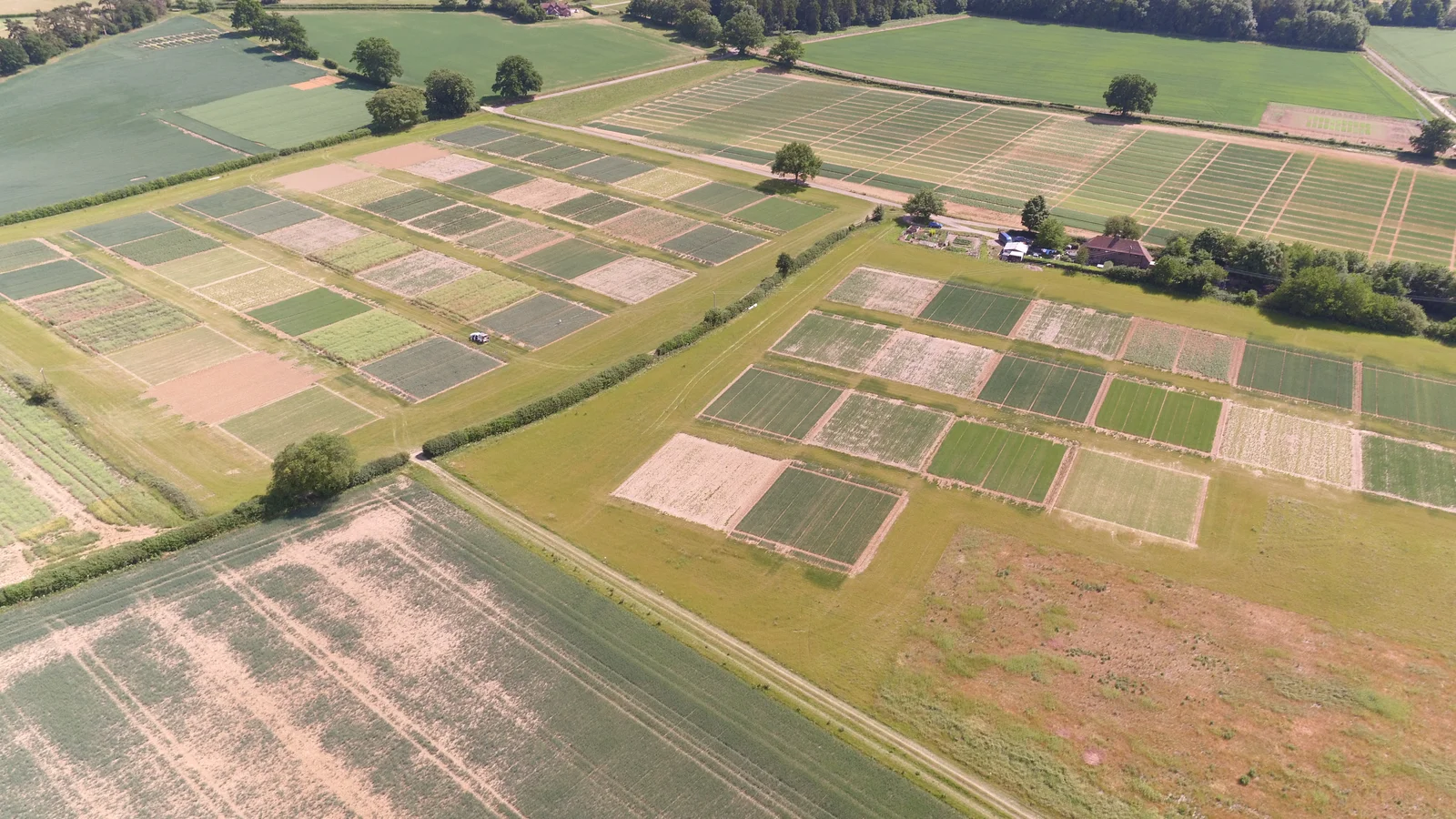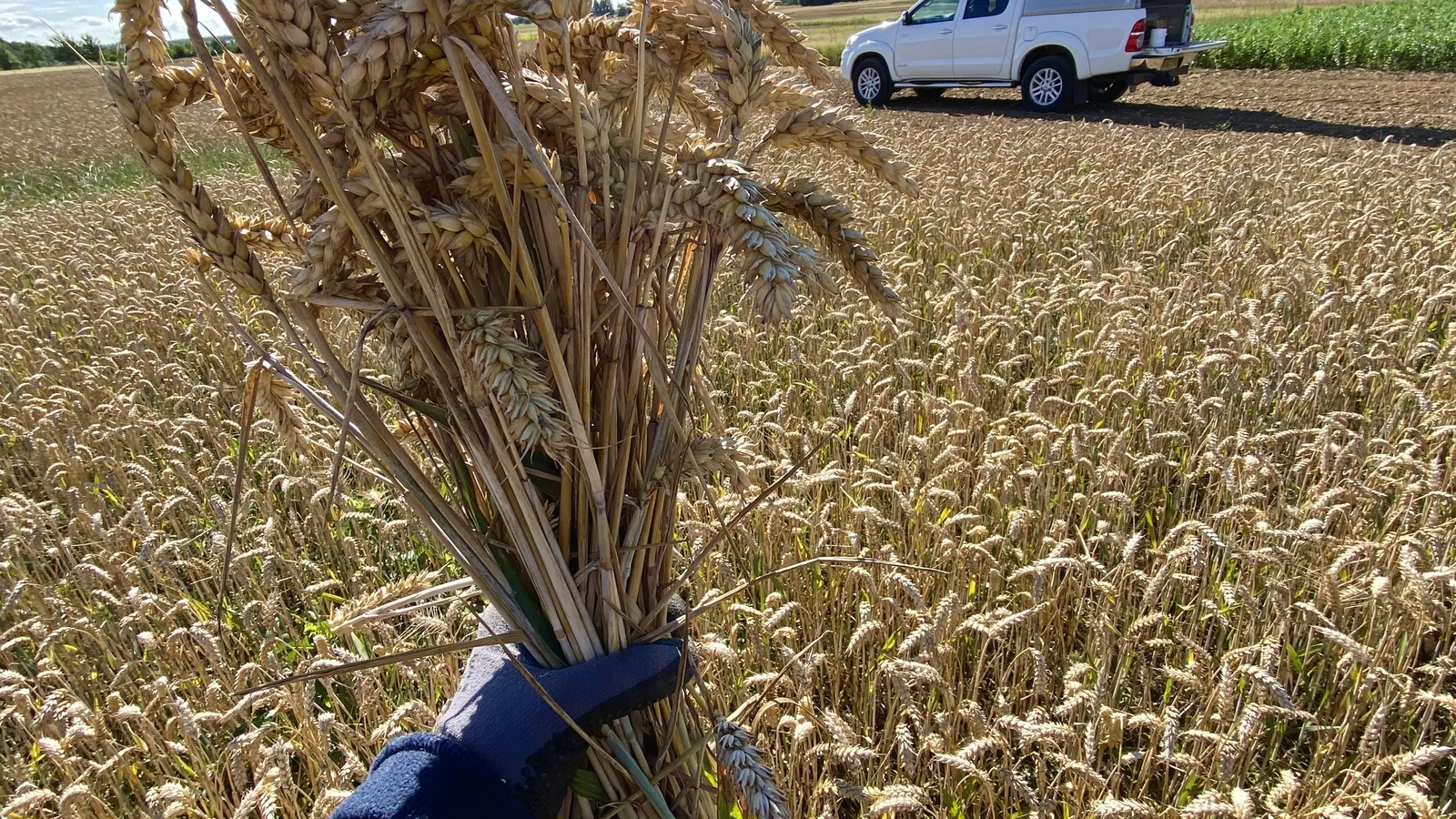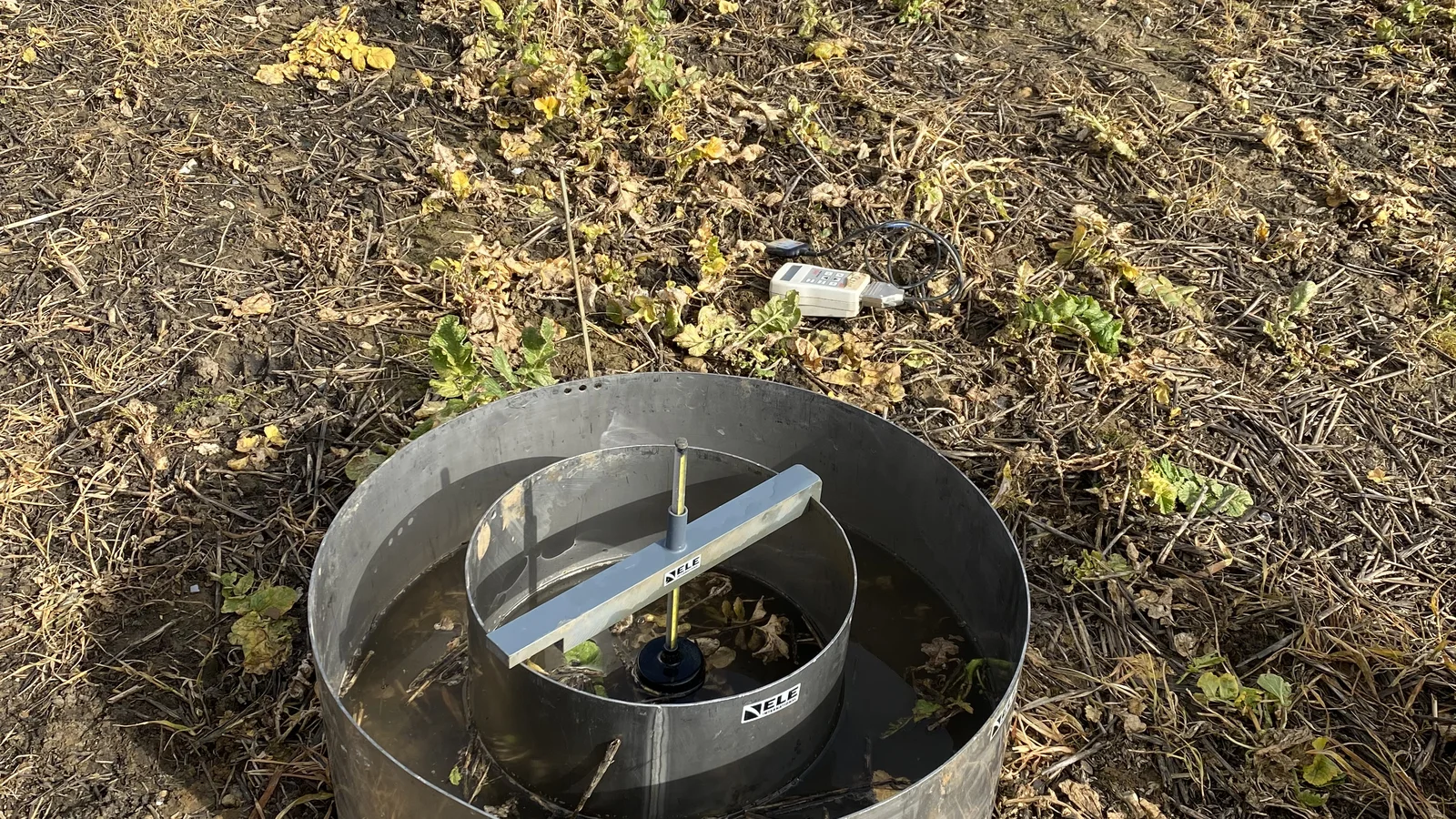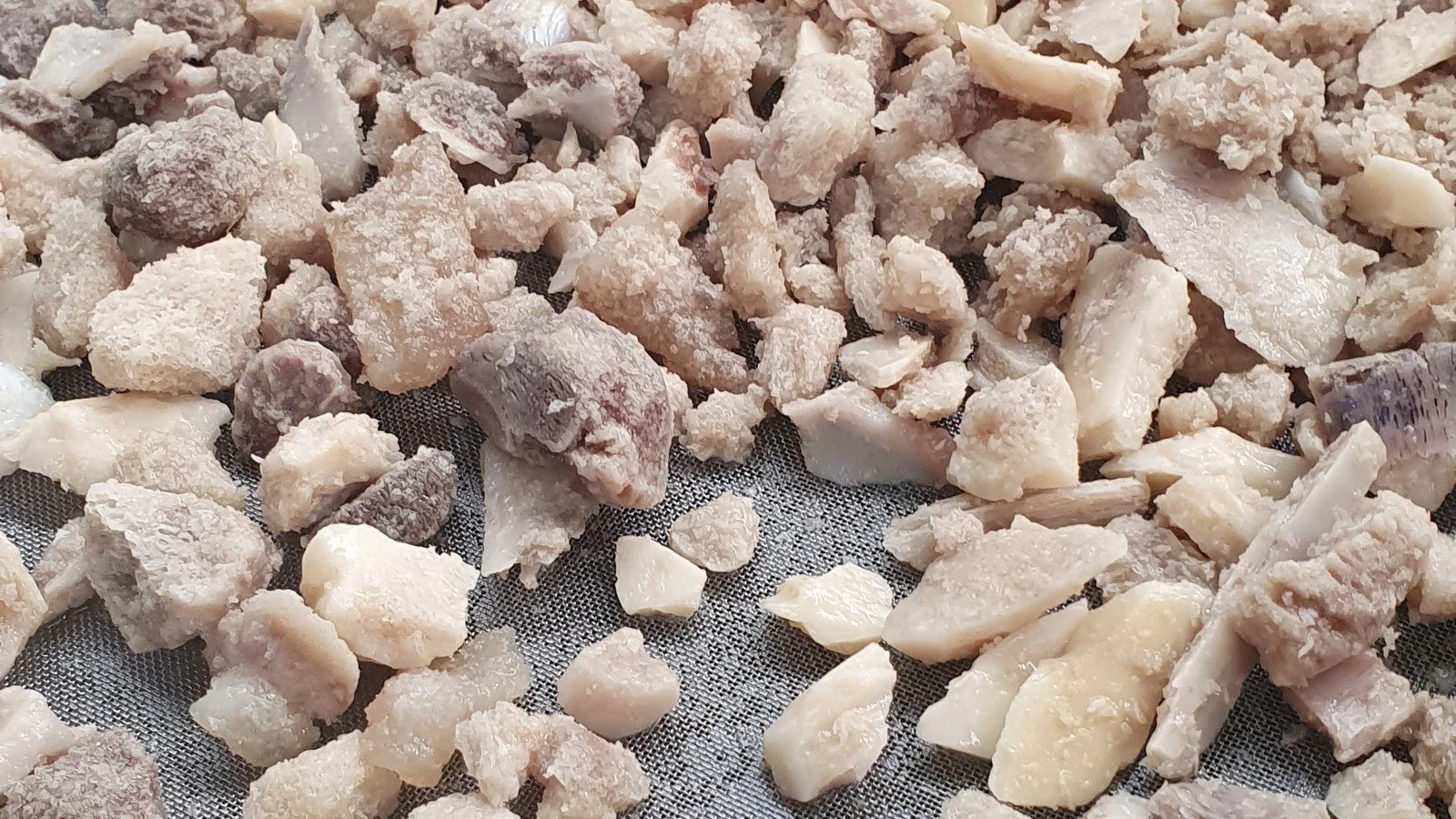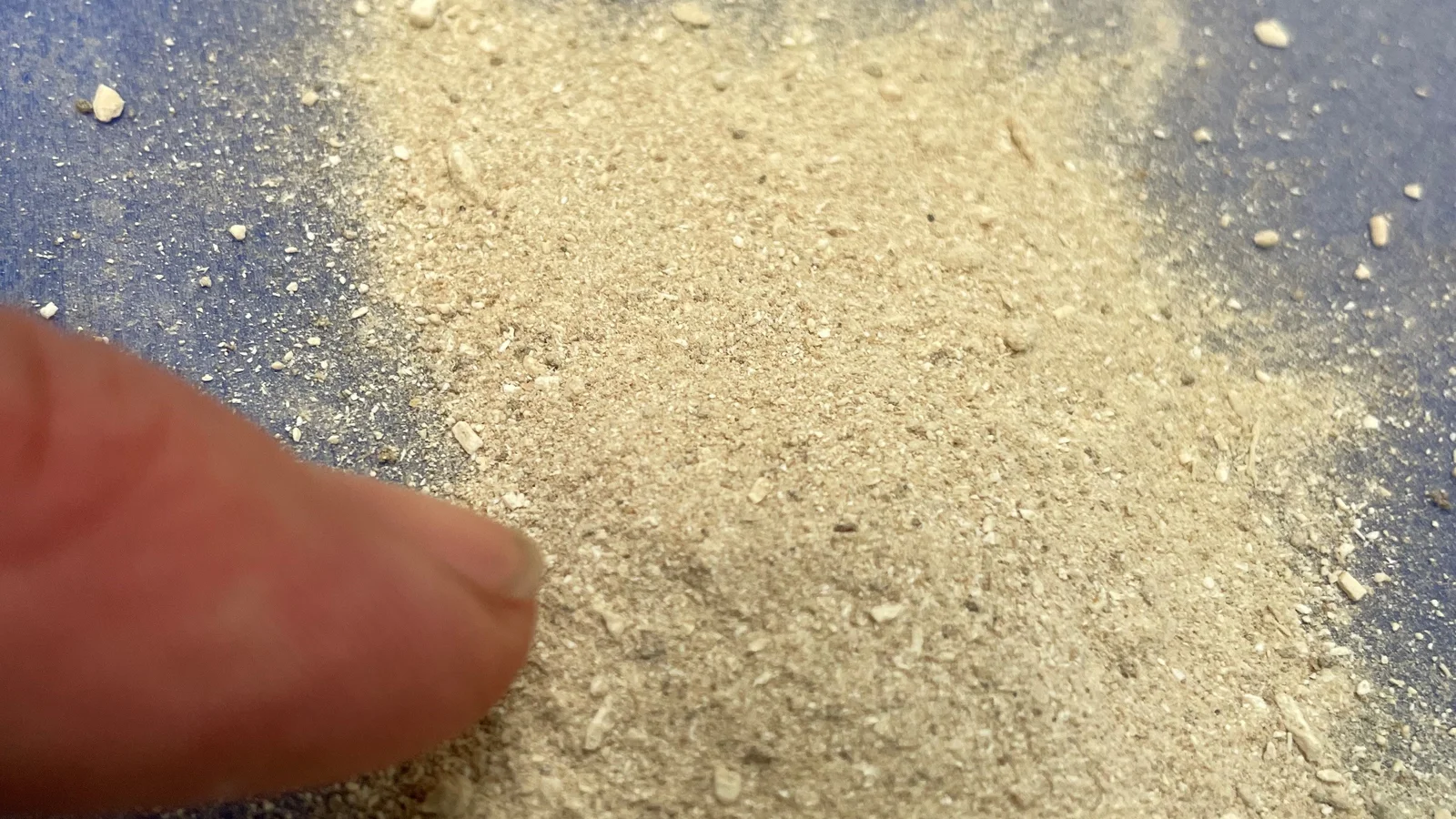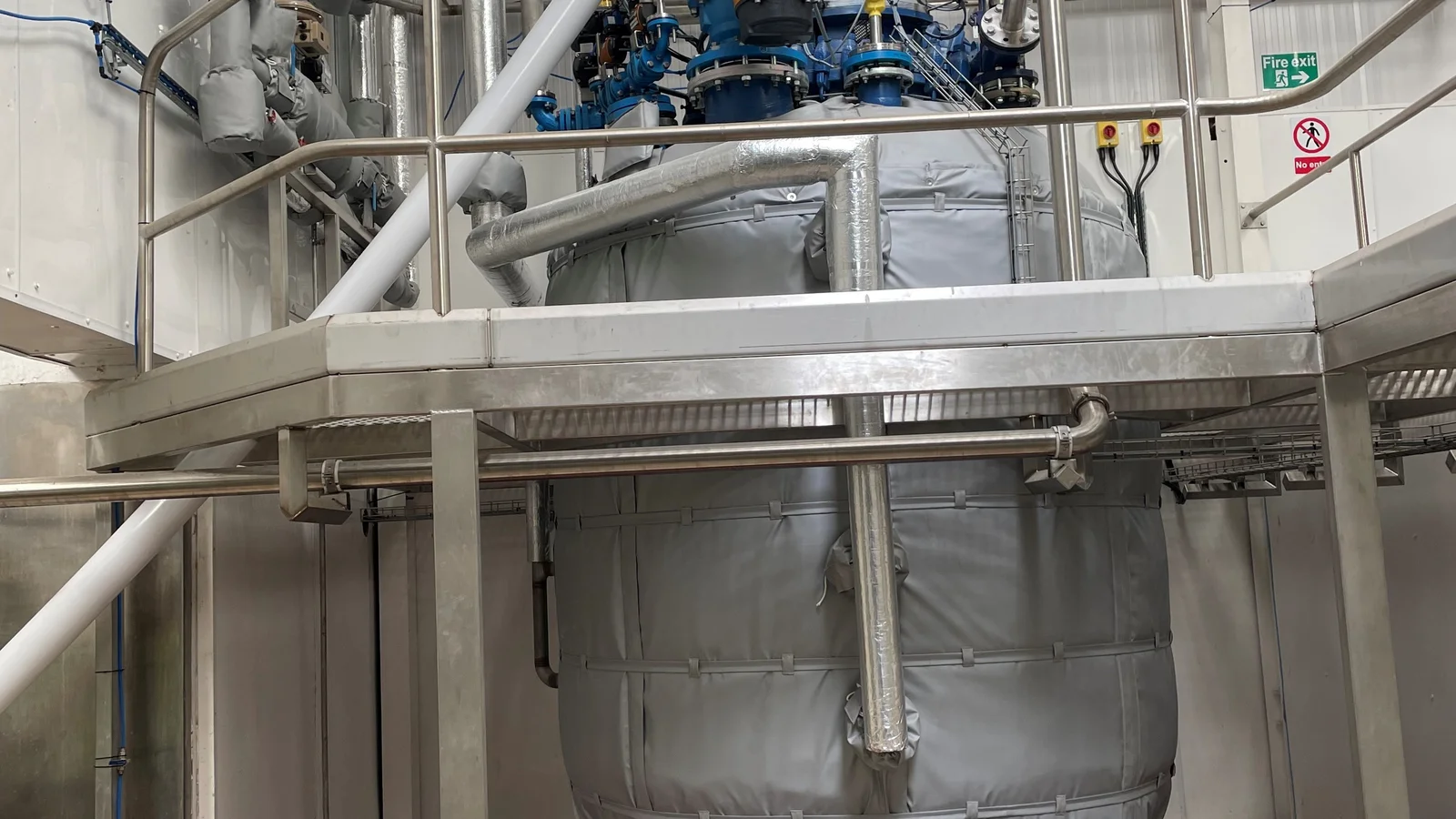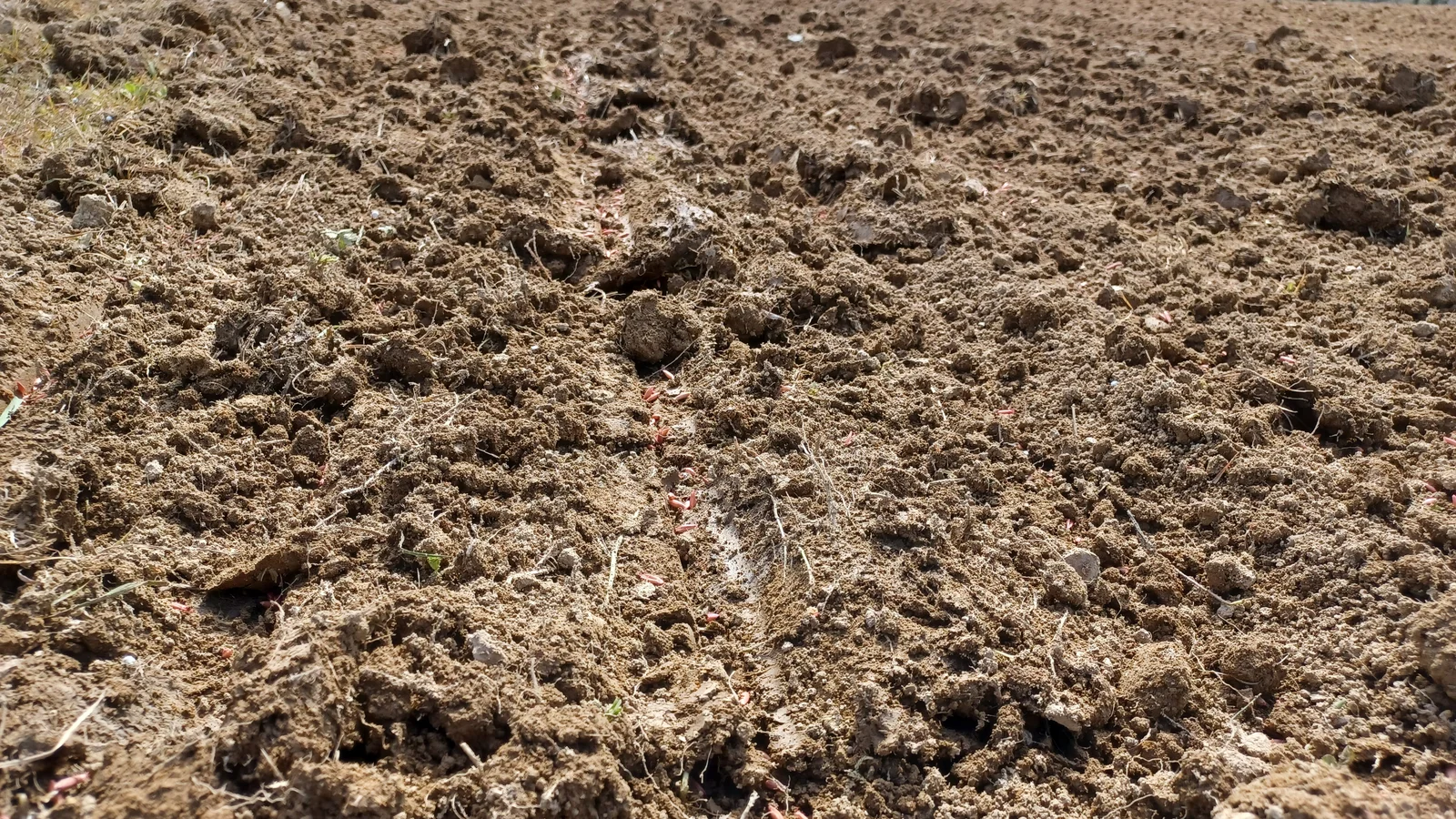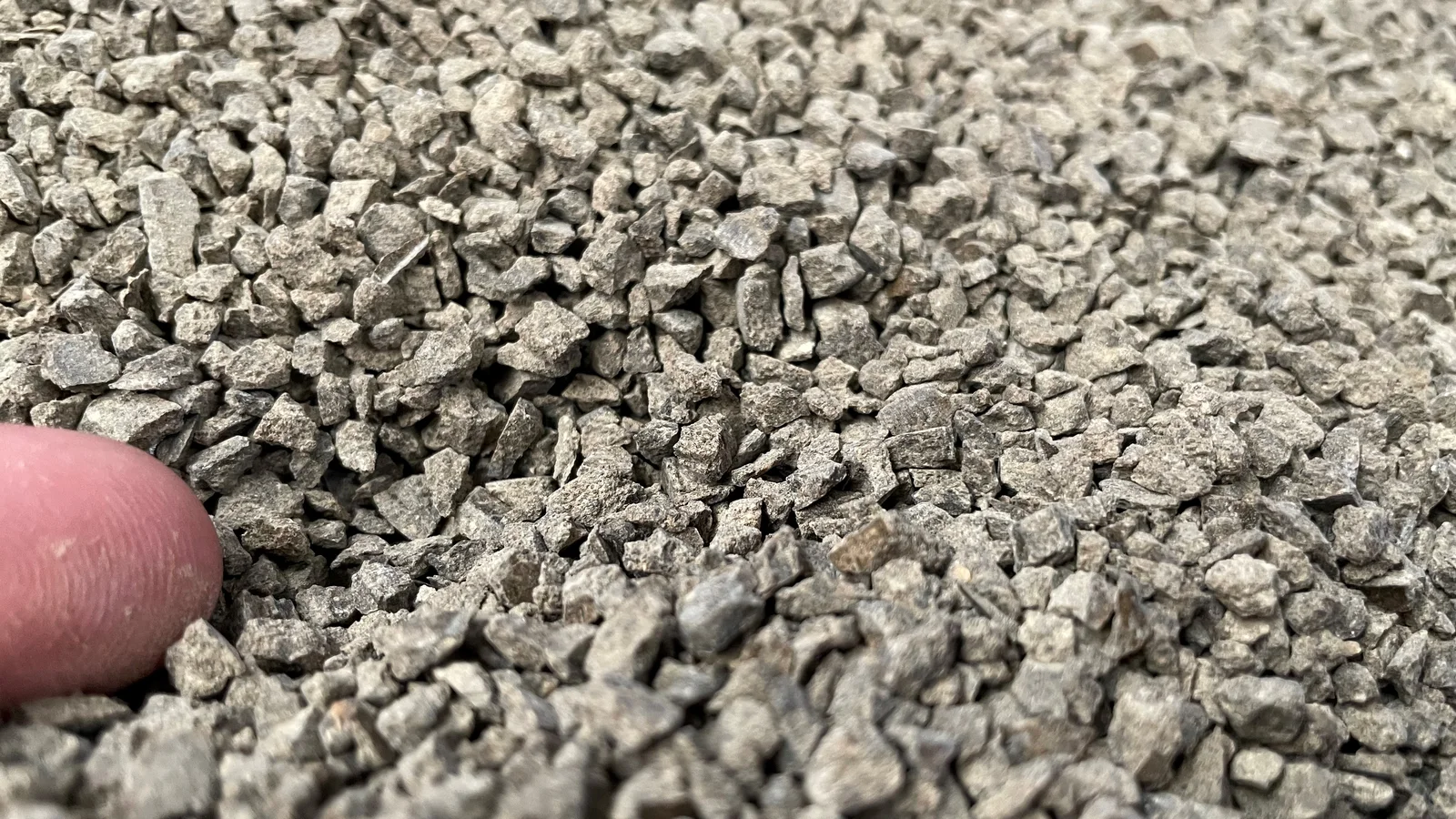United Kingdom
Description
The NBS sites in the United Kingdom will be: one at Rothamsted Research’s main research farm in Harpenden, Hertfordshire (north of London), one site in the east of England (Brooms Barn in Suffolk) and one at the North Wyke research farm in Okehampton, Devon (southwest England).
RRes will collect and interrogate data on productivity, nutrient use efficiency and environmental health from the LSRE (started in 2017 at Harpenden and 2018 in Suffolk) across three contrasting rotations that differ in the number and identity of crops grown; all phases of each rotation are grown every year.
Within the experiment there is also the option to investigate the impacts of organic vs. mineral fertilisers and ploughing vs. minimum tillage.
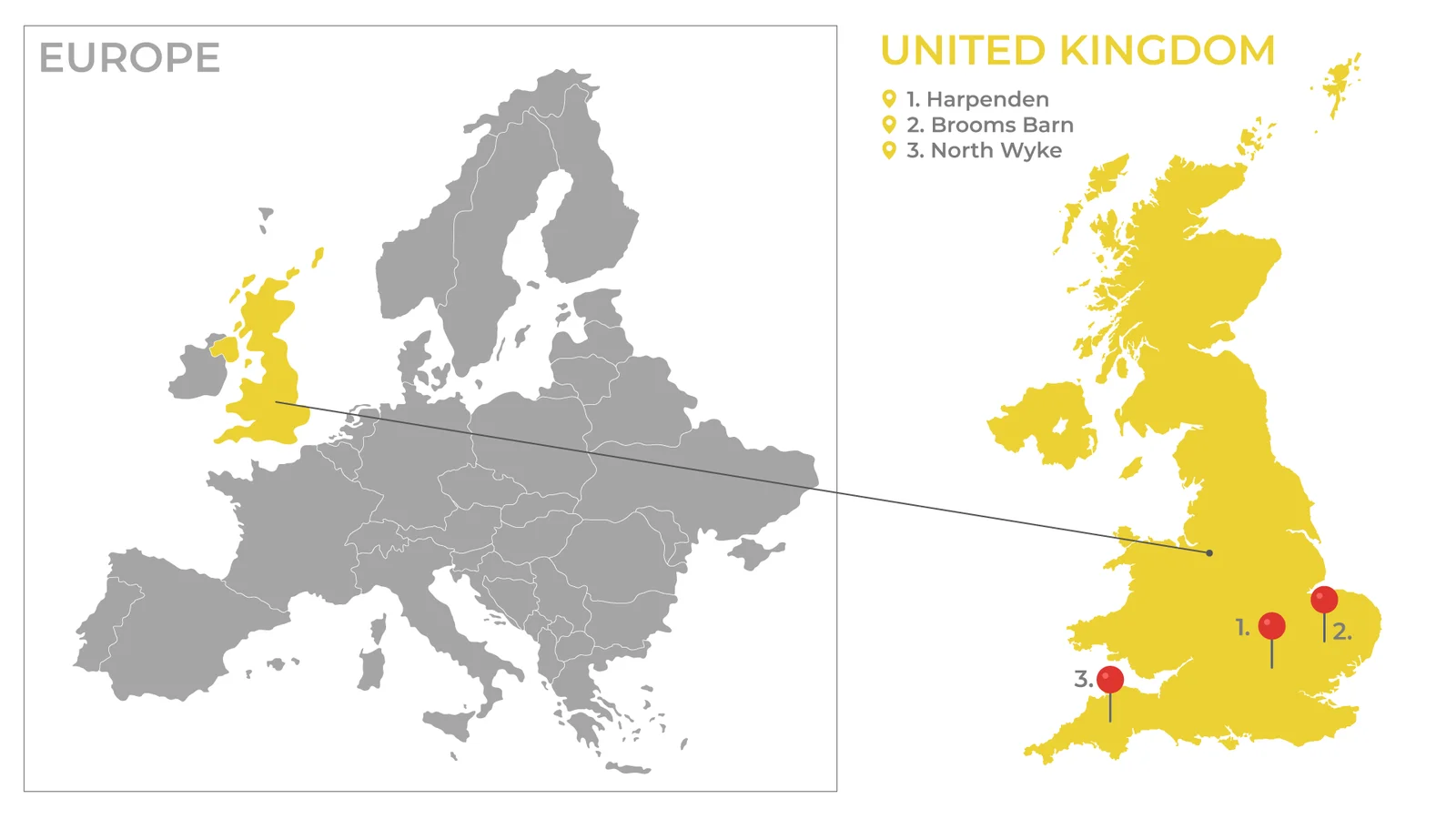
Challenges
Other experiments established over 170 years ago will provide data that informs us on the impacts of long-term organic amendments compared to mineral fertiliser applications. Key variables that will be measured are crop yield and quality, nutrient budgets, N and P availability in soils, soil organic carbon, soil structure and aggregate stability.
At Rothamsted’s North Wyke site in Devon, we will work with a company called Elemental Ltd that have developed a method for processing abattoir by-products to optimise food products and also to produce a phosphorus and carbon rich bio-fertiliser derived from animal bones, resulting in a fully circular recovery process with zero waste.
The efficacy of the fertiliser is being investigated using experimental and demonstration field plot trials comparing the efficiency of this fertiliser with conventional mineral fertilisers and traditional organic amendments (eg. farmyard manure).
The early farmer workshops will identify which aspects of the NBS demonstrations we are testing are of greatest interest and seek to establish a new network of farmers who will test them on their own farms.
trans4num NBS test site
Rothamsted is also home to the ‘Classical Long-Term Experiments’, the world’s longest-running agricultural field experiments. The main NBS to be tested in the UK involve diversifying arable rotations and using bio-based fertilisers, in particular:
- Crop rotations and use of cover crops and green manure (the Large-Scale Rotation Experiments (LSRE) at Harpenden and Suffolk);
- Farmyard manure (P) applications efficiency by (a) testing the mobile phone application “Farm Crap App” with farmers to calculate the quantities of nutrients they applied in manure, and (b) investigating the efficiency of farmyard manure application in combination with other mineral fertilisers to find the optimum amount;
- Recycled fertiliser made from abattoir by-products (primarily bones) as a source of phosphorus.
Multimedia products
Video: Crop rotations via the LSRE Video: Production of phosphorus fertiliser from abattoir waste Presentation: Production of phosphorus fertiliser from abattoir waste Factsheet: UK NBS site Factsheet: Progress of the NBS implementation and testing in the United Kingdom UK NBS site - Insights from year 1 UK NBS site - Insights from year 2 trans4num Practice Abstract: Soil carbon stewardship and nature-based solutions trans4num Practice Abstract: Nature-based solutions for insect pest management News: trans4num event in UK News: trans4num event in UK How can NBS make UK farming more resilient
Second year updates
At Rothamsted Research and North Wyke, the UK NBS sites advance testing of organic amendments, compost use, and recycled fertilisers to reduce nutrient losses and improve soil carbon in arable systems.
1) New insights
Year 2 results confirm that composted organic matter improves soil carbon, structure, and microbial health. Trials with the recycled phosphorus fertiliser Thallo show comparable yields and nutrient efficiency to standard mineral fertilisers.
2) Modelling and analysis
The Large-Scale Rotation Experiment (LSRE) continues to generate long-term data on soil carbon and nutrient cycling. The UK team is also adapting the Decision Support Tool (DST) to British cropping systems in collaboration with FiBL and Aarhus University.
3) Stakeholder engagement
Through “Research Insight” events at Harpenden and North Wyke, farmers, advisors, and researchers discussed trial findings and shared ideas for applying NBS practices across UK farms.
4) Next steps
Next year’s work will focus on expanding stakeholder testing of the DST, developing policy briefs on circular fertilisers, and supporting the UK’s net-zero farming ambitions through evidence-based nutrient management.
First year updates
Despite facing weather-related challenges, the teams working on the British NBS site are actively conducting research, engaging stakeholders, and exploring innovative approaches to sustainable nutrient management in agriculture.
Harpenden & Brooms Barns Sites
The wet conditions led to the failure of late-sown winter wheat at Harpenden (clay loam soil) and the discontinuation of this technique. Spring wheat also struggled due to the wet May weather. Wheat crops fared better in the wet conditions at Broom's Barn with its sandy loam soil. Oilseed rape harvest is expected to begin at both sites.
North Wyke Site
Field trials faced difficulties due to drought conditions after spring wheat and oat sowing in April 2023, and excessive winter rainfall post-winter wheat and oat sowing in September 2023. While spring crops yielded lower than expected, a harvest was achieved. However, the winter crops failed due to field flooding, leading to plot abandonment.
3) Stakeholder engagement
Several stakeholder engagement events, both in-person and online, have been conducted, focusing on themes like soil health, pests, and compost management. The British NBS site is actively involving farmers, advisors, researchers, and other stakeholders through a variety of activities, including workshops, site visits, interviews, and online events.
4) Research focus and preliminary findings
Fertiliser Trial at North Wyke: A replicated block fertiliser trial commenced in April 2023, comparing the effects of standard industrial fertilisers, a farmyard manure and standard fertiliser mixture, and a novel bio-based fertiliser blend on spring wheat, spring oats, and a grass & clover ley. Plant biomass production was assessed, but conclusive results are pending due to unusual weather patterns.
Large-Scale Rotation Experiment (LSRE): This experiment, running from December 2022 to May 2024, investigated the interactions of phased rotations, cultivation methods, nutrition approaches, and crop protection strategies on crop yields at both Harpenden and Brooms Barn. Initial findings revealed a significant cropping system effect on annual system calorific yield.

